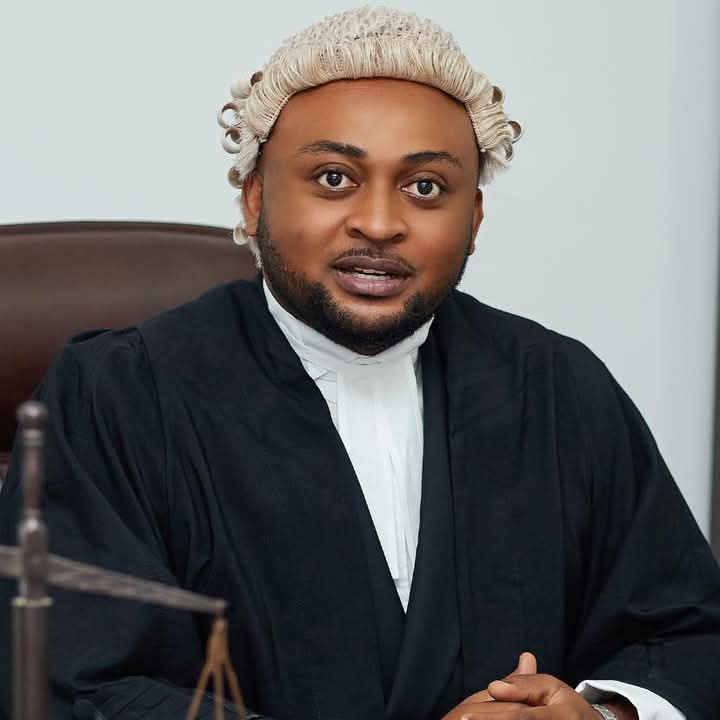
The removal of Chief Justice Gertrude Torkornoo is not just a constitutional setback; it is a calculated political maneuver that strikes at the very heart of our democracy. By exploiting the flaws in Article 146, President John Dramani Mahama has turned what should have been a sacred constitutional safeguard into a partisan weapon. With eleven of the Council of State members appointed by him, the so-called “consultation” in determining a prima facie case was nothing more than a rubber stamp for executive interest.
What this means is simple but frightening, the Chief Justice is no longer truly independent. Her tenure has been made coterminous with that of the President, reducing the head of our judiciary into a political casualty at the whim of the executive. That is not democracy, it is executive capture of the judiciary.
Even more disturbing, the Human Rights Court refused to assume jurisdiction over her petition. Think about the message that sends, if the Chief Justice herself cannot secure a fair hearing, then what hope exists for the ordinary Ghanaian? This is the clearest evidence yet that under the NDC government, justice is no longer blind, it is bound and gagged.
The allegations that birthed this removal were flimsy at best, and laughable at worst. Travelling with her spouse, for instance, is hardly the “stated misbehaviour” envisioned by Article 146(1). Yet such weak claims were enough to unseat a Chief Justice, exposing how low the threshold has been set when political expediency is at play. And while Article 146(6) itself provides that the impeachment committee be made up of two Supreme Court Justices and three other members who are not lawyers, this arrangement has proven deeply problematic. In practice, it allows non-lawyers to hold the decisive majority on technical legal issues. Questions of admissibility, procedure, and law can effectively be settled by persons without the training to fully appreciate them. This constitutional flaw, left uncorrected, tilts the balance away from legal scrutiny and leaves the process vulnerable to partisan manipulation.
This dangerous precedent is now part of Ghana’s constitutional fabric. Judicial independence, guaranteed under Articles 125 and 127, has been sacrificed on the altar of political control. And make no mistake, this is the legacy President Mahama and the NDC are writing! A judiciary at the mercy of the executive, a democracy hollowed out by partisanship, and a Constitution whose spirit has been trampled upon.
This is an attack on the rule of law and a betrayal of the promise of “Freedom and Justice.” If unchecked, this precedent will haunt Ghana for years to come. It is now the duty of Parliament and every Ghanaian who believes in democracy to fight for reforms that will insulate the judiciary from this kind of political manipulation.
History will record that under President Mahama, Ghana crossed a line where the removal of a Chief Justice was reduced to a political project. Whether we allow that precedent to stand unchallenged will determine the true strength of our democracy.